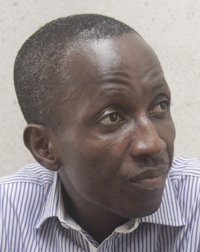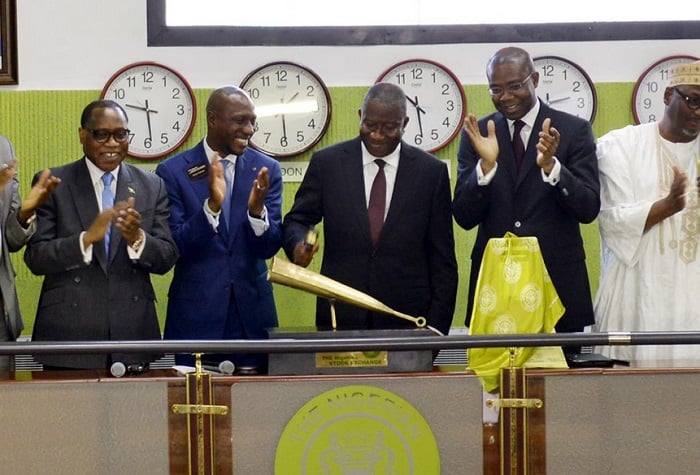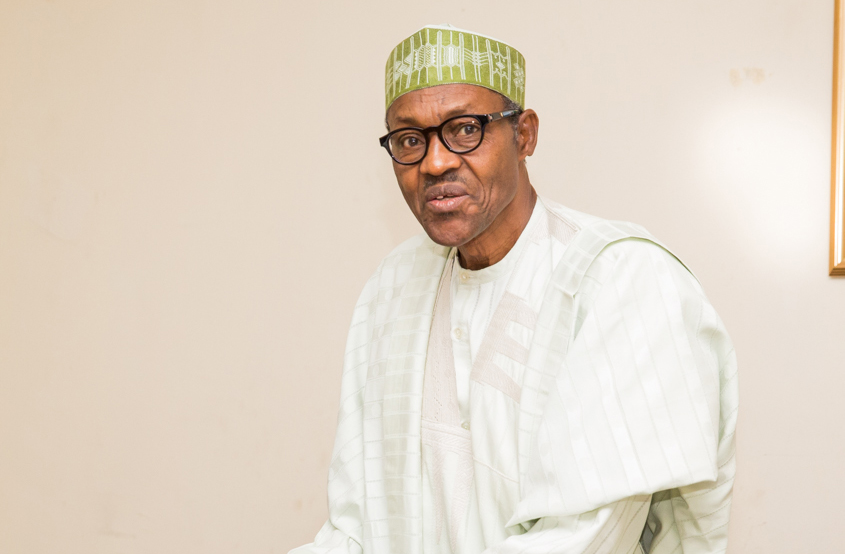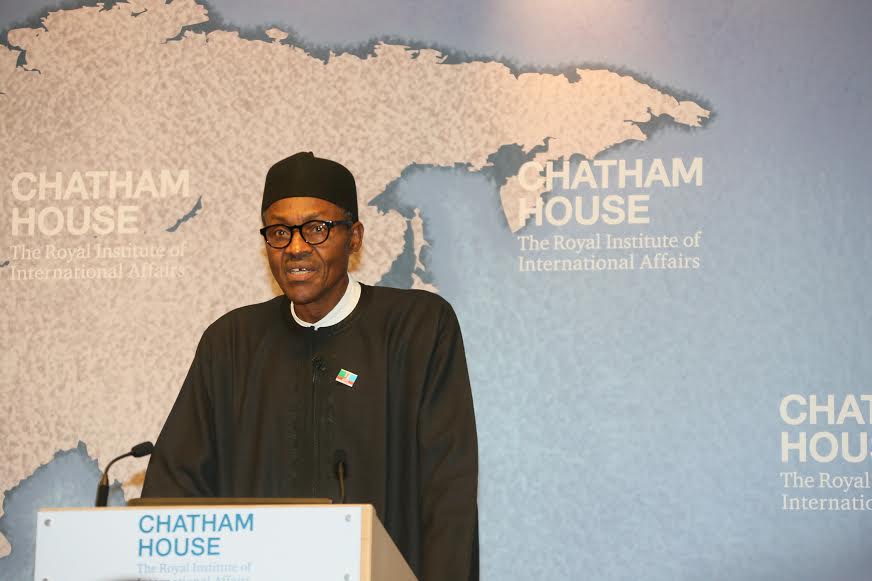Two events last week brought journalism practice into focus again, at least for me. The first was the annual convention of the Nigerian Guild of Editors (NGE) under the able leadership of a senior colleague, and egbon in the truest Yoruba sense of it, the avuncular Femi Adesina. The other was my class reunion at the Columbia University Graduate School of Journalism, New York. Seemingly unrelated from afar, but a closer look would reveal that both were geared towards the revitalization of a profession assailed globally by a barrage of forces, largely economic today.
Perhaps, the best wake-up call was Governor Babatunde Fashola’s address to the editors when he received them at his office. I would suggest that the NGE members ponder over the issues Mr. Fashola raised again, especially when he reminded them of the agenda-setting role of the media. It is one of the ironies of life that a stalwart of a party that successfully manipulated the media in the buildup towards the last elections was the one asking editors not to forget their seemingly-assigned divine role. It was mortifying as a journalist flipping through newspaper pages or watching the television only to discover that a press release from the All Progressives Congress (APC)’s mouthpiece, Lai Mohammed, was the main course.
I lost count of times when Mr. Mohammed’s press releases were the lead stories in newspapers or major news items on radio and television. Most were used so crudely that other sides of the particular issue or matter were not reflected. Partisanship became the order of the day and some journalists actually forgot that they were still journalists. At times I wondered what could have happened if there was no Lai Mohammed as some journalists definitely would not be able to meet deadlines. He was their ready source of news and articles. To the credit of APC, the party ensured that the election narrative was its own thereby shaping the message. It reminds one of the American mantra, “It’s about the message and the message alone.” For a long time to come, the way the APC manipulated the Nigerian media successfully during this year’s elections should attract the attention of scholars as it offers a model in dealing with the media. This piece cannot adequately address major issues affecting journalism profession today in Nigeria and so I would not talk about the pervasive corruption of which the editors are not less affected.
The second event was an opportunity for me to reconnect with my former classmates whom we attended graduate school together 10 years after we parted. Apart from the hugs and backslaps, the serious business of journalism got our attention too. From the changes in the school to the ways technology affects news delivery and other issues like climate change and terrorism, it was a wonderful time reconnecting with our roots. We all reminisced over how many cups of coffee we drank in order to stay awake in the computer laboratories churning out copies after copies. Expectedly, so much had changed that we needed help finding our ways around the Journalism Building. With a new dean, it was interesting hearing from him on new developments in the school and the story behind “The Rolling Stone Report.”
Advertisement
The magazine management asked Columbia Graduate School of Journalism to investigate its story on a rape account at the University of Virginia and what came out was, in the words of Steve Coll, the dean and a Pulitzer Prize winning-reporter, “a piece of journalism about a failure of journalism.” As I sat in the room listening to how the story was investigated, my thoughts went to how we train journalists in Nigeria. A light shade had been pulled down between the academics and practitioners but one could see through it enough to know that journalism is the worse for it. Unlike other professions like Law, Architecture, Medicine, Veterinary Medicine, and to a large extent, Engineering, where their teachers are also active on the field, most journalism teachers have never practised the profession. We’ve got people who teach news writing and have never written any news copy on deadline before. Students are still being taught the way their predecessors were taught 30 and 40 years ago.
It is always intriguing when I see senior colleagues not being utilised by journalism schools across the country. I remember reading an interview where a 70-year-old retired journalist recounted how he was asked for his curriculum vitae before he could be allowed to impart knowledge to students who were not born when he started journalism. By the way, he wanted to do it without collecting a kobo. We cannot continue this way if journalism would fulfill its obligation in our country.
Advertisement
Views expressed by contributors are strictly personal and not of TheCable.
Add a comment




